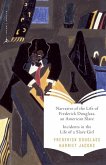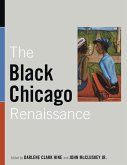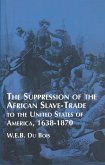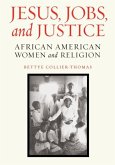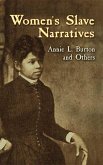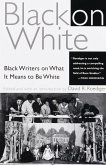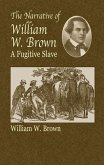During the early twentieth century, individuals and organizations from across the political spectrum launched a sustained effort to eradicate forced prostitution, commonly known as "white slavery." White Slave Crusades is the first comparative study to focus on how these anti-vice campaigns also resulted in the creation of a racial hierarchy in the United States. _x000B_Focusing on the intersection of race, gender, and sex in the antiprostitution campaigns, Brian Donovan analyzes the reactions of native-born whites to new immigrant groups in Chicago, to African Americans in New York City, and to Chinese immigrants in San Francisco. Donovan shows how reformers employed white slavery narratives of sexual danger to clarify the boundaries of racial categories, allowing native-born whites to speak of a collective "us" as opposed to a "them." These stories about forced prostitution provided an emotionally powerful justification for segregation, as well as other forms of racial and sexual boundary maintenance in urban America.
Dieser Download kann aus rechtlichen Gründen nur mit Rechnungsadresse in A, D ausgeliefert werden.



